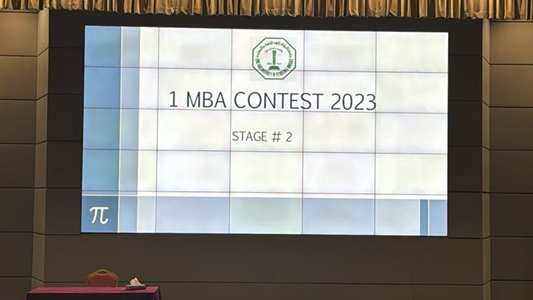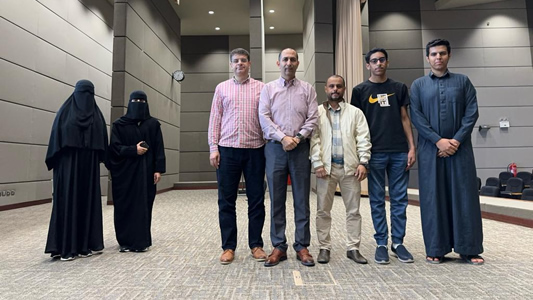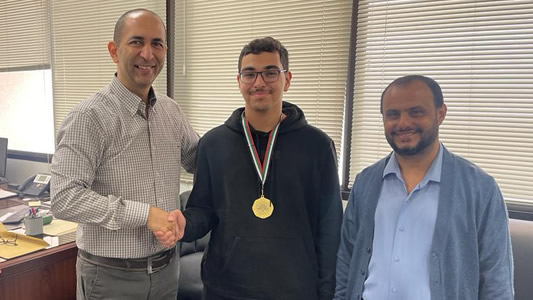Introduction:
Basic mathematics concepts are used in a wide range of disciplines such as engineering, sciences, social sciences, and medicine to solve real-world problems (BCIT, 2016b). So the importance of learning mathematics as a prelude to later application remains an education policy priority. The inclusion of real-world applications in the learning and teaching of foundational mathematics has the potential to benefit students by boosting motivation and clarifying mathematical concepts (Blum et al., 2002, 2007). Another importance identified by Blum et al is that introducing real-life applications helps to develop a broad image of the nature and role of mathematics by demonstrating that it is used by people for a variety of purposes.
Over the years, the curriculum of the Preparatory year mathematics program has been reviewed to ensure connections of classroom mathematics to the real world. Real-life exercises and class activities are often incorporated into class lessons to boost student's interests, understanding, and creativity. It is worth mentioning that the ability to relate a course subject matter and contents to real-life applications is one of the components upon which the Maths Instructors are evaluated by the students.
To take things to the next level, we are proposing a Real-Life Applications of Mathematics Contest (RAM) for preparatory year students.
Objective:
Enhance student math-solving skills
Recognize that mathematics permeates the world around us
Appreciate the usefulness, power, and beauty of mathematics
Enjoy mathematics
Develop patience and persistence when solving problems
Increase students' understanding of math concepts
Encourage and motivate students.
Methodology:
RAM is an event where preparatory year students present real-life applications of mathematical concepts learned during the preparatory year. The presentations are first reviewed for quality check and relativity, then the best 8 will be judged by a panel of experts based on certain rubrics such as mathematical concepts, real-life related problems, oral communication, clarity, creativity, etc.


